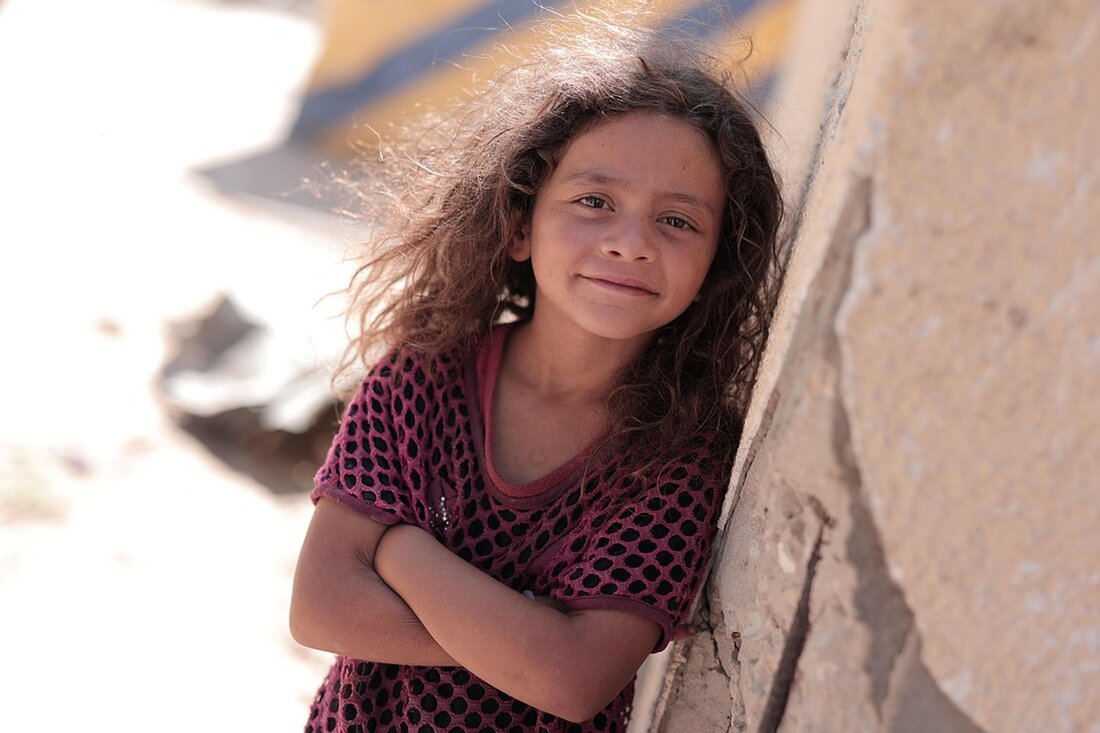Netanyahu defends takeover of Gaza City – UN warns of catastrophe
Israeli Prime Minister Netanyahu defends planned military takeover of Gaza City as UN warns of further disaster. International rejection of his actions is growing.

Netanyahu defends takeover of Gaza City – UN warns of catastrophe
Israeli Prime Minister Benjamin Netanyahu has his planned military attack on the city of Gaza amid growing international condemnation and outrage. UN officials warn the move could lead to “another catastrophe” in the already crisis-stricken, starving territory.
Netanyahu's defense of military action
In a rare press conference with international media, Netanyahu stated that the controversial operation to take over the once largest city in Gaza was the quickest way to end the war, despite massive internal and international opposition. “Contrary to false claims, this is the best way to end the war and quickly,” Netanyahu said. “This is how we bring the war to an end.”
International reactions to the military plans
In the early hours of Friday, Israel's security cabinet approved plans to capture the city of Gaza with the aim of destroying Hamas and freeing hostages held in the area. However, these measures raised fears that further fighting would occur Put hostages in danger and would worsen the already catastrophic humanitarian crisis.
On the UN stage on Sunday, Israel faced criticism, including from Britain, Russia, China and France, which strongly objected to Netanyahu's military plans for Gaza, calling it a "further violation of international law." Miroslav Jenča, the UN assistant secretary-general for Europe, Central Asia and the Americas, warned that implementing these plans would likely trigger another catastrophe in Gaza that could impact the entire region.
Humanitarian crisis in Gaza
Ramesh Rajasingham, the head of the UN Office for the Coordination of Humanitarian Affairs (OCHA) in Geneva, said the situation in Gaza "is no longer a looming hunger crisis - this is clear famine." Starvation deaths are rising in the area, particularly among children with severe malnutrition. Since October 2023, 98 children have died of severe acute malnutrition, 37 since July 1st alone.
“We have honestly lost words to describe the humanitarian conditions,” Rajasingham said, “which are beyond atrocious.”
Isolation of the USA in the context of Israel policy
Israel's expanded military operation represents "not a path to resolution, but a path to more bloodshed," according to the UK. Russia condemned the plan to bring Gaza under the control of its security forces as "dangerous steps" that undermine the already fragile prospects for a peaceful resolution to the Middle East conflict. Denmark, South Korea, Greece, Slovenia and Guyana also joined the chorus of rejection and called on Israel to reconsider its decision.
Protests and demands for change within Israel
The US, feeling increasingly isolated in its support for Israel's actions in Gaza, said it was working "tirelessly" to free the hostages and end the war. US Ambassador to the UN Dorothy Shea accused Security Council members of “actively prolonging the war” and “winning propaganda victories for terrorists” by spreading lies about Israel. “The simple truth is, this war could end today if Hamas releases the hostages and all of Gaza,” Shea said.
In Israel itself, the families of the Israeli hostages held there are calling for a nationwide general strike next Sunday.
Netanyahu's plan and its consequences for Gaza
Netanyahu's plan brings Israel closer to a full occupation of Gaza, something that has not happened in almost 20 years. The Israeli military already controls about 75% of Gaza after nearly two years of war. Analysts argue that the plan, initiated by Netanyahu himself, says more about his domestic political maneuvers than a well-thought-out military strategy. The plan buys Netanyahu time to fight for his political survival.
Netanyahu described Gaza City and the central camps in the besieged area as Hamas' "two remaining bastions." “Given Hamas's refusal to lay down its arms, Israel has no choice but to finish the job and complete the defeat of Hamas,” he said.
Hamas Statement and Humanitarian Conditions
Hamas said on Sunday that the only way to ensure the "survival" of the Israeli hostages was to stop military operations in Gaza and reach a peace deal. “Netanyahu continues to manipulate the (Israeli hostages) issue as a pretext to continue aggression and deceive public opinion,” the group said in a statement.
Netanyahu continues to deny the existence of one Hunger crisis in Gaza, despite reports to the contrary from international organizations, including the United Nations. UNICEF posted on social media that the number of acute malnutrition cases among children in Gaza was “staggering.” In July alone, nearly 12,000 children were identified as acutely malnourished, representing the highest monthly number ever documented.
Netanyahu blamed Hamas for the food shortages and accused the group of hijacking offers of aid. When asked about US President Donald Trump's statements two weeks ago about a "real famine" in Gaza, the Israeli leader dodged the question, although he appreciated Trump's support.
Netanyahu and Trump discussed Israel's plans for war in Gaza on Sunday, according to a brief statement from the Israeli prime minister's office. "The two discussed Israel's plans to take over the remaining Hamas bastions in Gaza to end the war with the release of the hostages and the defeat of Hamas," the statement said.

 Suche
Suche
 Mein Konto
Mein Konto
